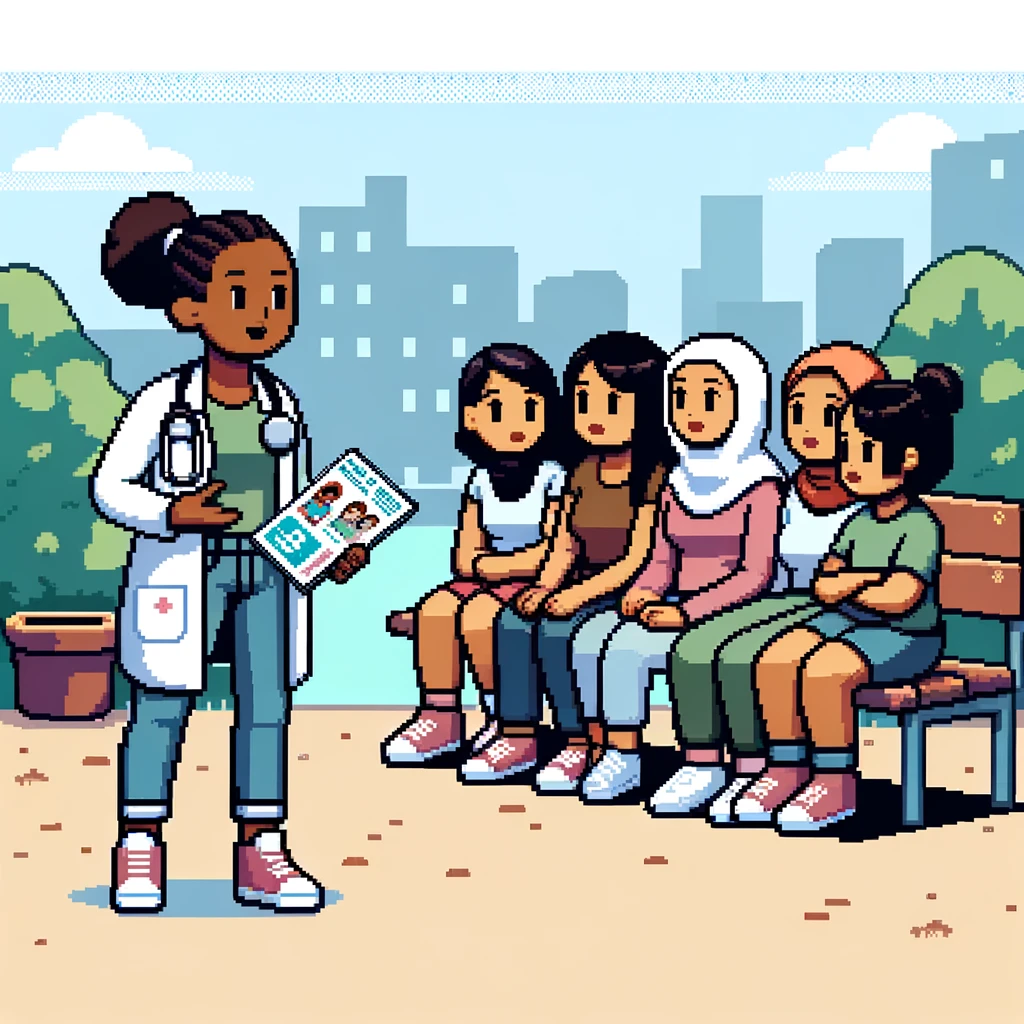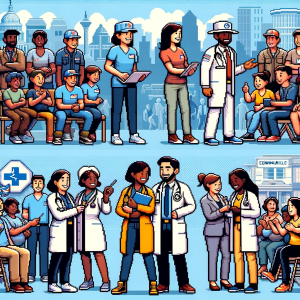
Lessons from a Community Health Worker Program for Migrant Women Sex Workers in Marseille
Public health practitioners constantly face the challenge of reaching marginalized communities where conventional healthcare services often fall short. A recent study in Marseille, France, shines a spotlight on a pilot intervention that utilized community health workers (CHWs) to improve health outcomes among migrant women sex workers (WSWs). This program’s insights can guide public health strategies globally, emphasizing the critical role of tailored, community-focused health services.
The Crucial Role of Community Health Workers
CHWs bridge the gap between healthcare systems and underserved communities. In Marseille, CHWs were instrumental in connecting migrant WSWs—many of whom suffer from low health literacy and lack basic healthcare access—to essential health services. This intervention highlighted the value of CHWs in navigating cultural, language, and accessibility barriers, presenting a model for replication in similar contexts worldwide.
Understanding the Pilot Intervention
This one-year study employed respondent-driven sampling to engage a representative sample of migrant WSWs, ensuring that the intervention reached the intended audience. CHWs, selected from the communities of the migrant WSWs, were trained and involved in every research phase, enhancing the program’s credibility and effectiveness.
Startling Initial Findings
At the outset, the situation was dire: low awareness of HIV prevention methods like PrEP, high levels of violence and discrimination, and a stark lack of basic needs fulfillment such as housing and food security. These conditions paint a clear picture of the multifaceted challenges faced by migrant WSWs.
Impact and Empowerment Through Targeted Actions
Throughout the intervention, CHWs focused on both individual and group support, leading to significant improvements in health literacy and access to care. The approach not only increased HIV testing and knowledge about PrEP but also empowered the women to become proactive about their health.
Public Health Implications: A Template for Future Action
The success of this intervention offers multiple lessons for public health practitioners:
- Community-Centric Approaches: The use of CHWs who are part of the community they serve ensures trust and effectiveness, highlighting the importance of culturally and linguistically appropriate health services.
- Holistic Health Strategies: Addressing not just medical needs but also social determinants of health such as housing, food security, and legal aid can significantly enhance health outcomes.
- Scalability and Adaptability: The strategies developed in this program can be adapted to other settings, emphasizing the need for flexible public health policies that accommodate diverse population needs.
This study underscores the efficacy of community-based interventions in addressing public health challenges among hard-to-reach populations. Public health professionals are encouraged to consider similar models in their work, advocating for policies that support the integration of CHWs into health systems and emphasizing a community-oriented approach in public health planning.
Lead the Way in Public Health – Get Your Weekly Insight!
Ready to lead the charge in health advocacy and research? ‘This Week in Public Health’ delivers essential weekly updates, keeping you informed and ahead in the dynamic field of public health. With insights on the latest breakthroughs and initiatives, our newsletter is your gateway to being a proactive leader. Subscribe for free and start shaping the future of public health today!
About the Author
Jon Scaccia, with a Ph.D. in clinical-community psychology and a research fellowship at the US Department of Health and Human Services with expertise in public health systems and quality programs. He specializes in implementing innovative, data-informed strategies to enhance community health and development. Jon helped develop the R=MC² readiness model, which aids organizations in effectively navigating change.



